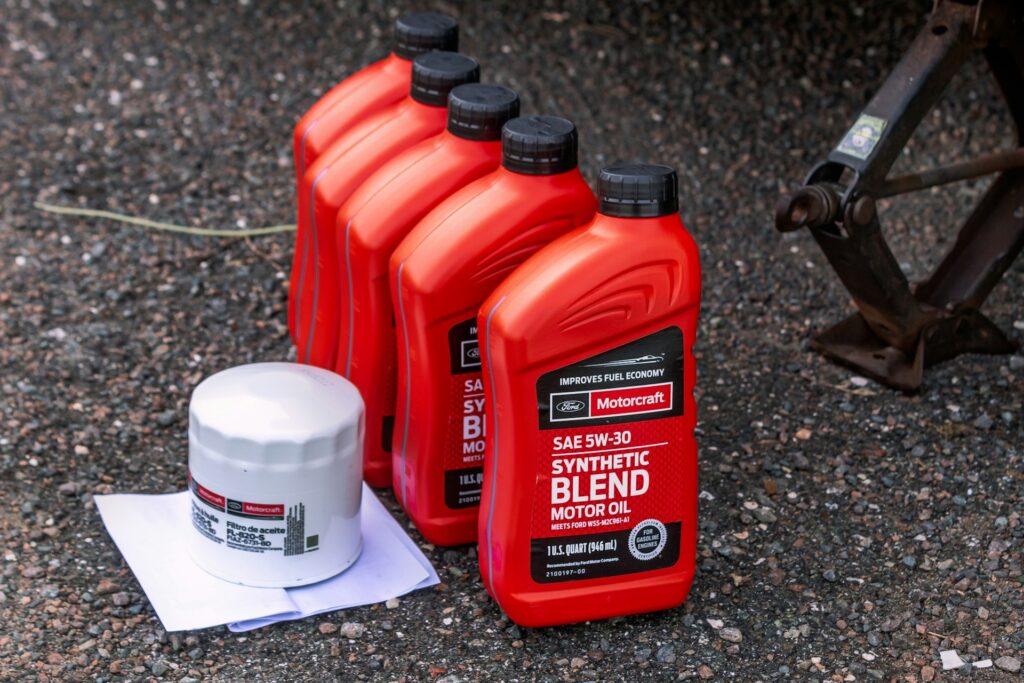Introduction: In the realm of vehicle maintenance, firestone oil change cost regular oil changes are paramount for ensuring the longevity and performance of your car’s engine. Among the myriad options available, Firestone stands out as a trusted name in automotive services. Understanding the costs associated with a Firestone oil change is crucial for budget-conscious car owners.
Define the Service
An oil change involves draining the old oil from your engine and replacing it with fresh, high-quality oil. This process also includes replacing the oil filter, which helps keep contaminants out of the engine.
Relevance and Importance
Regular oil changes are vital for maintaining engine firestone oil change cost health and prolonging the life of your vehicle. Clean oil lubricates the engine’s moving parts, reduces friction, and helps dissipate heat, preventing costly repairs down the road.
Types and Categories
Firestone offers various types of oil changes tailored to different vehicle needs, including conventional, synthetic blend, and full synthetic options.
Conventional Oil Change
Conventional oil is derived from crude oil and is firestone oil change cost suitable for older vehicles with lower mileage.
Synthetic Blend Oil Change
A blend of conventional and synthetic oils, ideal for vehicles with moderate to high mileage.
Full Synthetic Oil Change
Comprised entirely of synthetic oil, this option provides optimal protection and performance, particularly for newer vehicles and those with high-performance engines.
Symptoms and Signs
Recognizing when it’s time for an oil change can prevent engine damage and costly repairs. Common signs include:
- Dashboard Warning Light: Many modern vehicles are equipped with a dashboard warning light that illuminates when oil levels are low or when it’s time for a change.
- Dark or Dirty Oil: Checking the oil dipstick can reveal the condition of the oil. Dark, gritty oil indicates it’s time for a change.
- Engine Noise: As oil breaks down, it loses its ability to lubricate effectively, leading to increased engine noise, particularly during startup.
Causes and Risk Factors
Several factors contribute to the need for oil changes, including:
- Normal Wear and Tear: Over time, oil breaks down and becomes less effective at lubricating engine components.
- Driving Conditions: Stop-and-go city driving, towing heavy loads, and extreme temperatures can accelerate oil degradation.
- Lack of Maintenance: Neglecting regular oil changes can lead to engine sludge buildup and premature engine wear.
Diagnosis and Tests
Firestone technicians conduct a comprehensive inspection to assess the condition of your vehicle’s oil and determine if a change is necessary.
Treatment Options
When you bring your vehicle to Firestone for an oil change, you can expect:
- Professional Service: Certified technicians perform the oil change using high-quality products.
- Oil Filter Replacement: The old oil filter is replaced with a new one to ensure optimal filtration.
- Fluid Inspection: Technicians inspect other vital fluids, such as coolant and brake fluid, and top them off if necessary.
Preventive Measures
To maximize the lifespan of your engine and minimize the frequency of oil changes, consider:
- Following the Manufacturer’s Recommendations: Refer to your vehicle’s owner’s manual for guidance on oil change intervals.
- Using High-Quality Oil: Opt for reputable brands and the correct viscosity for your vehicle.
- Regular Maintenance: Stay on top of routine maintenance tasks, including oil changes, tire rotations, and fluid checks.
Personal Stories or Case Studies
Many car owners attest to the importance of regular oil changes in maintaining vehicle performance and avoiding costly repairs. One driver shares:
“I religiously get my oil changed every 5,000 miles at Firestone. It’s a small investment that pays off big time in the long run. My car runs like a dream, and I haven’t had any major issues since I started prioritizing regular maintenance.”
Expert Insights
According to Dr. Emily Carter, a certified automotive technician:
“Oil changes are the single most important aspect of vehicle maintenance. Clean oil is the lifeblood of your engine, and neglecting this simple task can lead to catastrophic engine failure.”
Conclusion
In conclusion, staying vigilant about oil changes is essential for preserving the health and performance of your vehicle. With Firestone’s trusted service and competitive pricing, maintaining your car has never been more convenient.

